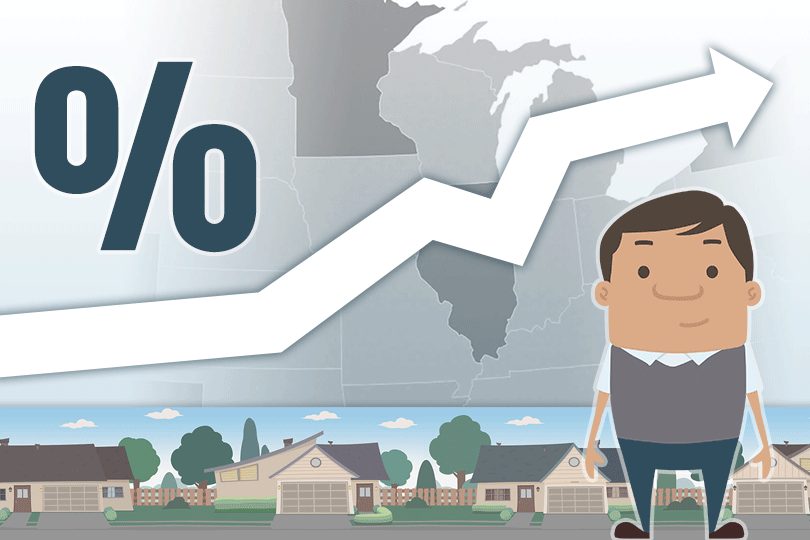How Is a Mortgage Interest Rate Different than APR
August 23, 2023
Interest Rate
The interest rate, often referred to as the "note rate" or "nominal rate," is the percentage of the loan amount that the lender charges you for borrowing the money. It determines the amount of interest you will pay on your mortgage loan each year. The interest rate does not include any additional fees or costs associated with the mortgage, such as closing costs, broker fees, origination fees, or points.
APR (Annual Percentage Rate)
The APR is a broader measure of the cost of borrowing for a mortgage, as it takes into account the interest rate as well as other costs associated with the loan. APR includes fees and charges such as points, origination fees, mortgage insurance, and certain closing costs. The APR is designed to provide borrowers with a more accurate picture of the true cost of the mortgage. Lenders are required by law to disclose the APR to borrowers, making it easier to compare the total cost of different mortgage offers.
It may be to a borrower's advantage to go with a slightly higher APR and avoid higher upfront fees. Some of this depends on the amount of time you plan to stay on your home. It pays to have a complete understanding of the FHA loan details, options, and costs before you begin the loan application process.
------------------------------
RELATED VIDEOS:
You're Almost There When You Get Your Loan Approval
Learn About the Mortgage Insurance Premium (MIP)
Pre-approval Starts the Mortgage Process

FHA Loan Articles
August 14, 2023FHA loans typically require a minimum down payment of 3.5% of the purchase price of the home with the right credit score. This means that if you're buying a house for $240,000, you would need to make a down payment of at least $8,400.
August 10, 2023FHA loans have specific rules and requirements for borrowers who have filed for bankruptcy. The guidelines can change over time, so it's essential to consult with a qualified lender or FHA-approved counselor for the most up-to-date information.
August 3, 2023FHA loans are primarily designed to help individuals and families purchase homes for use as their primary residences. Rules for these loans generally discourage their use for investment properties or rentals. However, there are exceptions that come with strict rules.
July 29, 2023One crucial aspect of FHA loans that borrowers need to understand thoroughly is debt ratios. In this article, we look at how they can impact your ability to secure financing for your dream home. Debt ratios help lenders understand a borrower's creditworthiness and any risks associated with the loan.
July 21, 2023Investing in a multi-unit property can be an excellent way to build wealth through rental income and property appreciation. FHA multi-unit property loans make this opportunity more accessible to a broader range of individuals. You must occupy a unit as your primary residence within 60 days of closing the loan.







